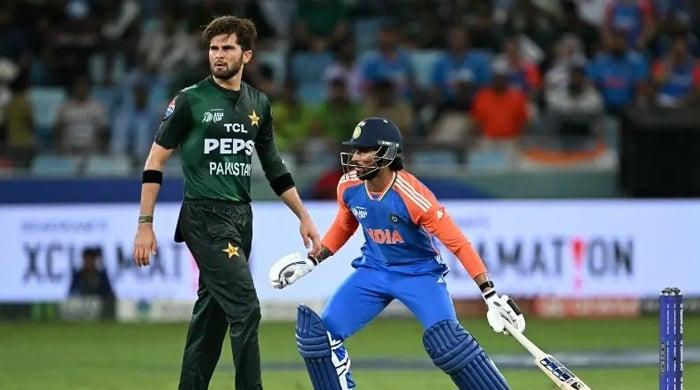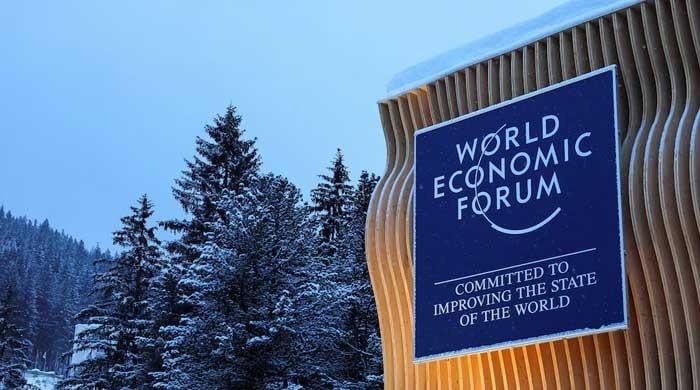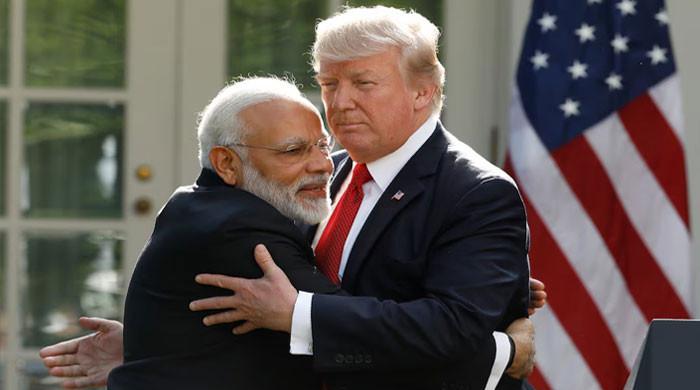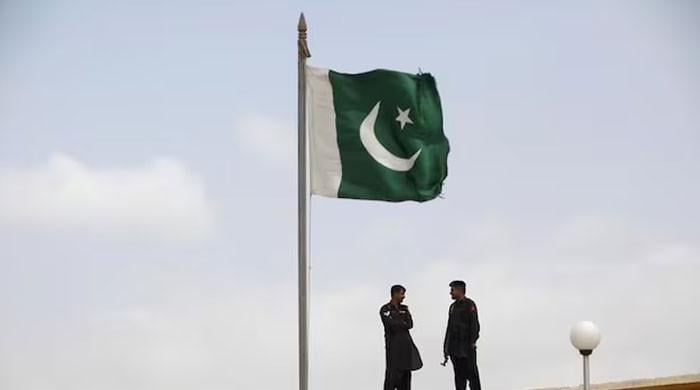The perpetual itch that led to Dawn Leaks
Dawn Leaks was never meant to be as big. Having found life in the times of the former army chief, Raheel Sharif, it transited through to General Qamar J. Bajwa, as he took office. Why did it...
May 16, 2017

Dawn Leaks was never meant to be as big. Having found life in the times of the former army chief, Raheel Sharif, it transited through to General Qamar J. Bajwa, as he took office. Why did it happen in the first place? Now that is an interesting question.
Call it the original sin, though each sin has its roots.
Let’s talk about the roots first. General Raheel Sharif, during his tenure, became too big for the government to handle. His image was steadily built by an effective public relations campaign. With time he became a ten-foot giant, not mindful of how his shadow was outsizing him.
Surely, there is a lesson here for those in the field of crafting mortals into bigger beings. Disproportionate images are self-inflicting. They are also a disservice to those who are projected beyond their size.
The sin. The smart alecks in the government chose to beat the general’s PR machine at its game. For that they quickly crafted, or misreported, an embellished account of how the military leadership was put on the spot by the mercurial Shahbaz Sharif. Dawn, the newspaper of record, and its most lucid writer, Cyril Almeida, were thus netted in. Both, it seems, were taken in by the moment, which promised a huge scoop that would show the military in poor light vis-a-vis the civilian political masters. Unfortunately, Dawn and its entire editorial team succumbed to the moment.
How this one episode will affect Dawn’s credibility, in the future, remains to be seen.
A story thus emerged in the English daily alluding to the alleged missteps that have been frequently associated with the military, and its various agencies. It further highlighted their effects in isolating the country on the international stage because of the pervasive misgivings about how Pakistan conducts policy in the region. The short story encompassed all that has been repeatedly pinned on the military by the US and its CIA, the Afghans and its NDS, and India and its RAW. It aggregated the malignant and in one short narration - allegedly by the Prime Minister’s brother - framed the military and its thought leaders in one dirty sweep.
The leaks were insidious, odious and malignant. From our own government about our military, it was unacceptable, almost sacrilegious. Even if the military has had a history of mounting four interventions, including one, which threw out the Sharifs. Even though it is known to frequently assert itself over policy matters, or it still claims a popular existence vis-a-vis the mostly corrupt and erring politicians. Yet, the military is today fighting Pakistan’s existential war against terrorism and extremism and has carried a rich history of laying down lives and offering the ultimate sacrifices at the altar of what to the world is beyond duty and supreme.
The politicians and the Sharifs have erred big time. This was their perpetual itch. It is an apprehension due to which the Sharifs find an early closure of their tenure, because of this incessant urge to dominate all and appear uncontested in the realm of exercising power whether that is through the parliament or a judicial/ accountability forum. This has always been the Sharifs’ undoing. This tenure it has manifested itself in the form of Dawn Leaks.
Did the media wing of the army, under Raheel Sharif, exploit the moment? You bet, and it exposed the Sharifs’ chink at a time when things weren’t smooth between the two.
What the army said was right. How they tended to use it was not.
Then, out goes Raheel Sharif and in comes Qamar J. Bajwa, with a weight that had to be carried howsoever reluctantly. His is the beginning; the former is the past. Both had different contexts but the PR machine had already blown the issue to its maximum where a win-win was impossible. One had to cave to bring closure.
Knowing that what had already been sown could make his tenure uncomfortable, Gen. Bajwa decided to work with the government to save both sides, at least publicly, keep the mission to fight the war against terror still supreme and to ensure Pakistan stays stable and secure.
In view of that, both sides thus took a step back. They corrected what had been done wrong and gave us all another morning of relative comfort.
Here lessons are aplenty, and those will come with time. But the political will to dominate rather than coexist goes against its own grain. It will need to be curbed. As for the military that has only known power, which is unquestioned, it must be functionally and mentally attuned to a more knowledgeable and conscious world expecting all to coexist in their respective domains.
Air Vice Marshall (retd) Shahzad Chaudhry is political and security analyst.
Note: The views expressed by the author do not necessarily reflect the official policy or position of Geo News, The News or the Jang Group











